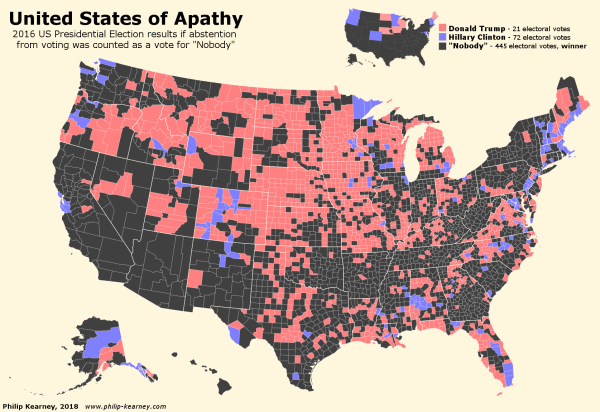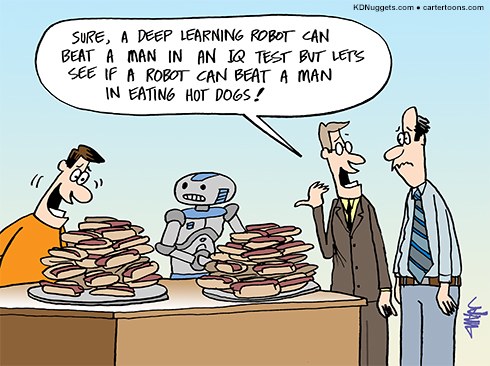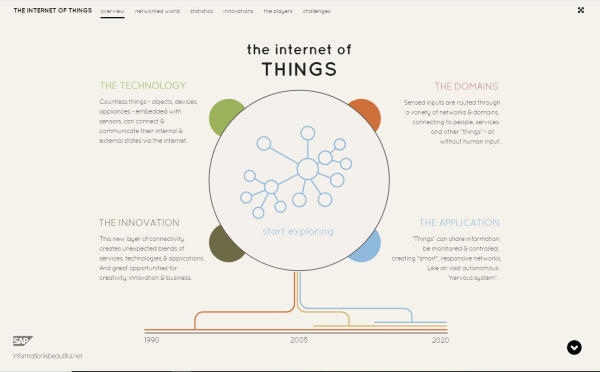
How do you build something new and bold?
What steps help make thoughts become things?
What does it take to transform a vivid vision to a revolutionary reality?
Disney calls it 'Imagineering'.
What follows is a simplified version of the process Walt Disney Imagineering uses when it designs and builds theme park attractions, resorts, and other venues.
There are seven pieces or stages in the process. Five stages form the core of the process, while the other two serve as its Prologue and Epilogue.
Prologue: Needs, Requirements, and Constraints: Before the process actually begins, you must identify the project’s specific Needs, Requirements, and Constraints. These form the core parameters of your project.
The goal of the Prologue is to define your overall objective, including what you can do, can’t do, and must do when developing and building your project.
Blue Sky: The initial stage of any Imagineering project is the Blue Sky stage, where initial ideas and concepts are created through a combination of brainstorming and concept design.
The goal of the Blue Sky stage is to create a vision with enough detail to be able to explain, present, and sell it to others.
Concept Development: Once a concept born from the Blue Sky stage has been selected for development, it undergoes a period of concept development where the idea is more fully fleshed out and realized.
The goal of the Concept Development stage is to develop and flesh-out your vision with enough additional detail to explain what needs to be designed and built.
Design: The Design stage is where detailed design documents and specifications are created that will guide the physical construction of the project. These can include architectural documents (blue prints, plans, elevations, etc.) but also more Imagineering-specific documents such as Show Information Guides (documents that outline the story behind the attraction).
The goal of the Design stage is develop the plans and documents that describe and explain how your vision will be brought to life.
Construction: The last major stage of the process involves the actual physical construction of the project, including land development and fabrication.
The goal of the Construction stage is to build the actual project, based on the design developed in the previous stages.
Models: At each main stage in the process, the Imagineers build models of various sizes and scales to help identify and solve potential design challenges.
The goal of creating models and prototypes is test and validate your design at each stage to help solve and/or prevent problems that may arise during the design and construction process.
Epilogue: Openings, Evaluations, and Show Quality Standards: Once construction is complete, the attraction is opened for Guests (including Cast Member previews, Soft Openings, and finally a Grand Opening). In addition, once in operation, the attraction is periodically evaluated to ensure that it maintains a level of quality and that the original Creative Intent of the attraction is intact.
The goal of the Epilogue is to present your project to your audience, allow them to experience it, and evaluate its success and effectiveness over time.
[taken from “CHAPTER TWO: An Overview of the Process” of The Imagineering Process: Using the Disney Theme Park Design Process to Bring Your Creative Ideas to Life]






